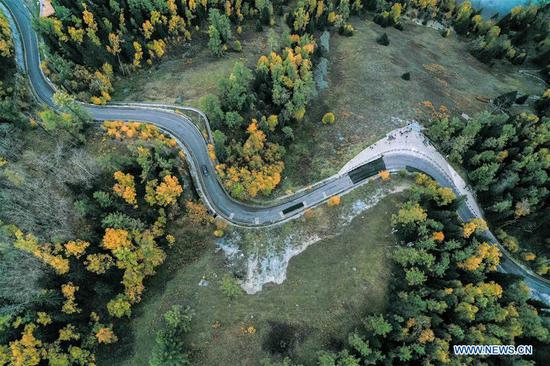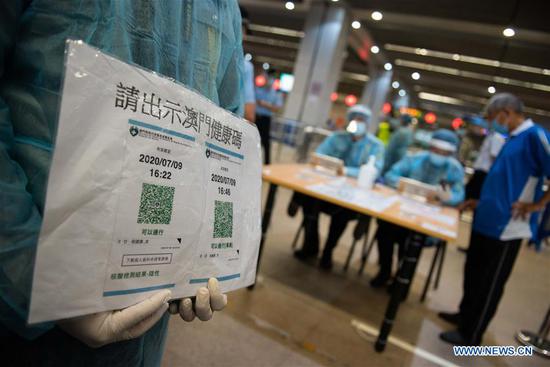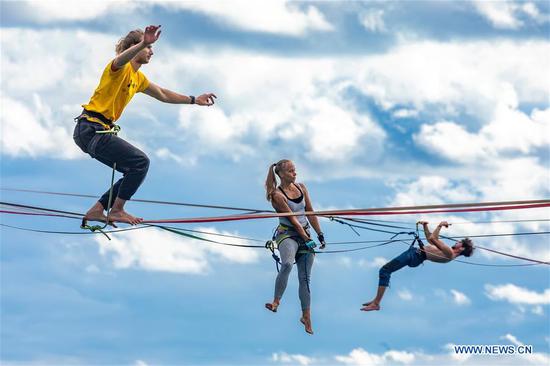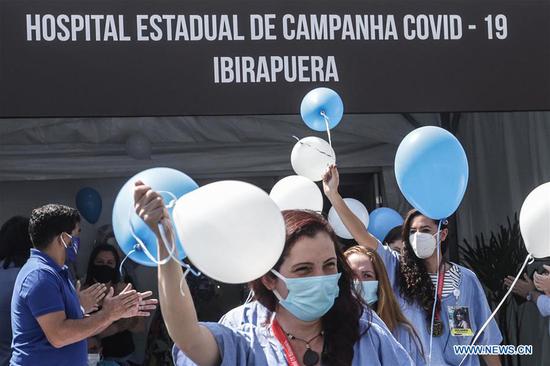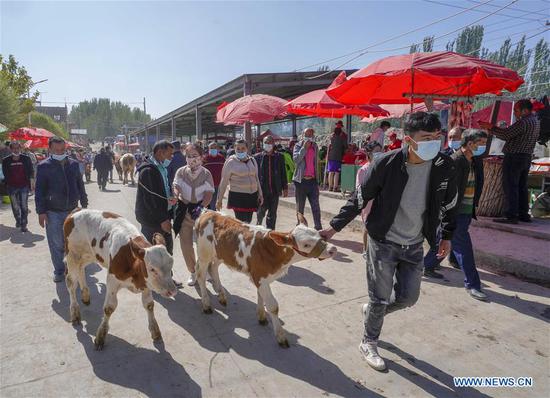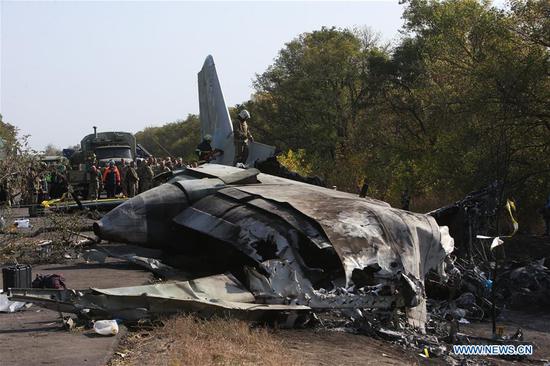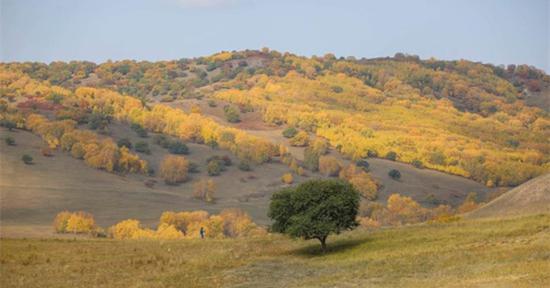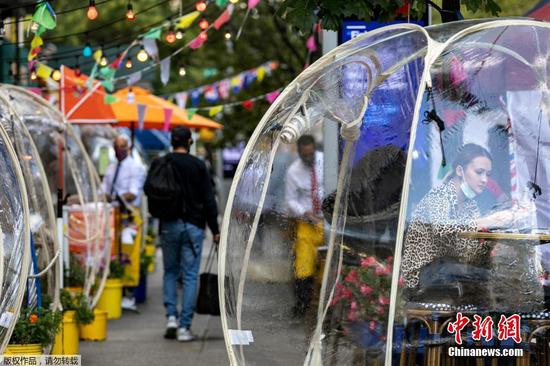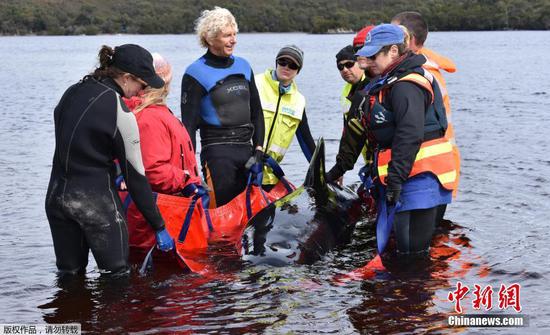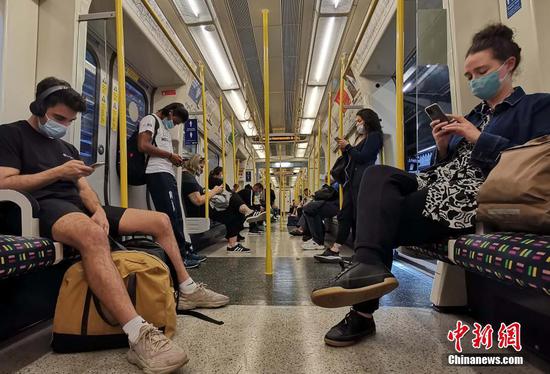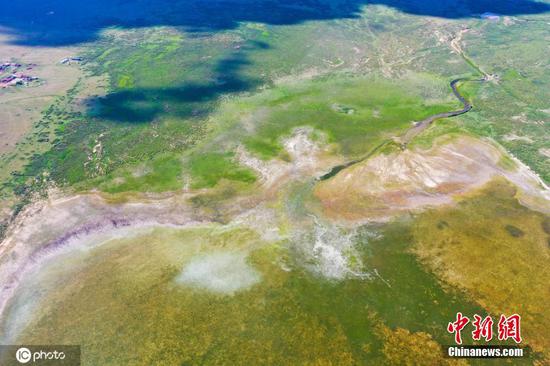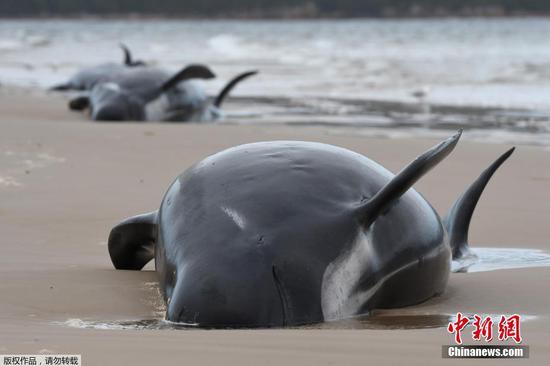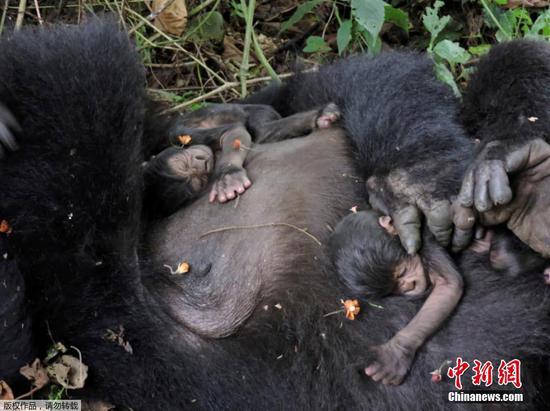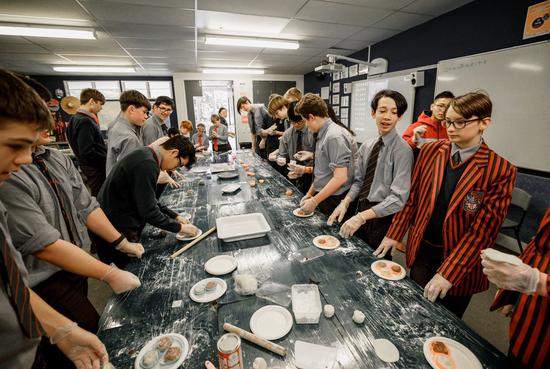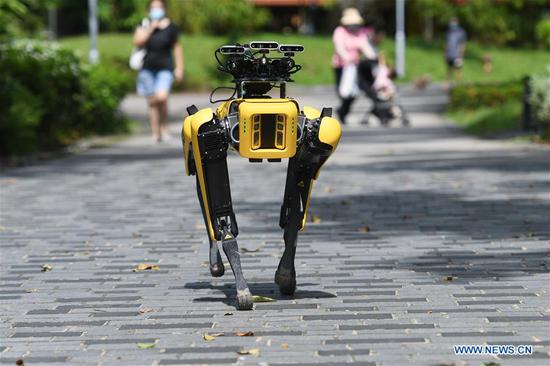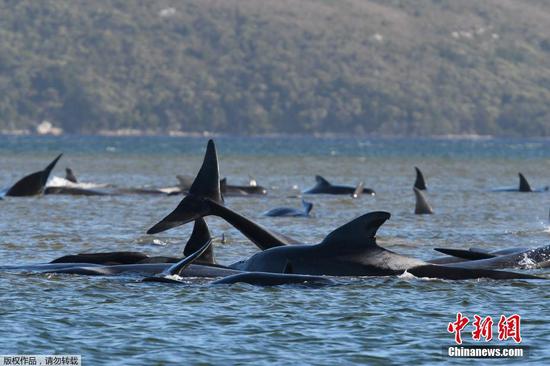Another 14,162 people in Britain have tested positive for COVID-19, bringing the total number of coronavirus cases in the country to 544,275, according to official figures released Wednesday.
The coronavirus-related deaths rose by 70 to 42,515, the latest data showed.
Pressure is mounting on British Prime Minister Boris Johnson to consider tighter restriction measures as the country continues to see a sharp rise in COVID-19 cases, local media reported Wednesday.
At Prime Minister's Questions at the House of Commons (lower house of parliament) on Wednesday, Johnson hinted that tougher measures could be needed in London and the Midlands as the main opposition Labour party leader Keir Starmer suggested 19 of the 20 areas subjected to local measures for two months had seen infection rates increase.
"I wish I could pretend that everything was going to be rosy in the Midlands or indeed in London where, alas, we are also seeing infections rise," Johnson said, adding that a "concerted national effort" is needed to tackle the pandemic.
Also on Wednesday, Scotland's First Minister Nicola Sturgeon announced to further strengthen the restriction measures to fight the rising coronavirus cases in the region.
Under the new measures, all pubs and restaurants across central Scotland are to be closed from 6:00 p.m. BST (1700 GMT) on Friday until Oct. 25.
The restrictions for the central belt cover about 3.4 million people living in the Greater Glasgow and Clyde, Lanarkshire, Forth Valley, Lothian and Ayrshire and Arran health board areas.
In these areas, all licensed premises -- with the exception of hotels for residents -- will be required to close indoors and outdoors, although takeaways will be permitted.
The latest move came as Scotland recorded more than 1,000 new confirmed coronavirus cases in a single day for the first time, although the enhanced testing capacity means more cases could be detected than at the height of the pandemic earlier in the year.
Johnson has previously warned that Britain's fight against coronavirus pandemic may be "bumpy through to Christmas" as the country continues to see a sharp rise in infections.
To bring life back to normal, countries, such as Britain, China, Russia and the United States, are racing against time to develop coronavirus vaccines.
The British government's Chief Scientific Adviser Patrick Vallance has said that it is possible that some vaccine could be available in small amounts later this year, but it is more likely that a vaccine will be available early next year, although that is not guaranteed.









